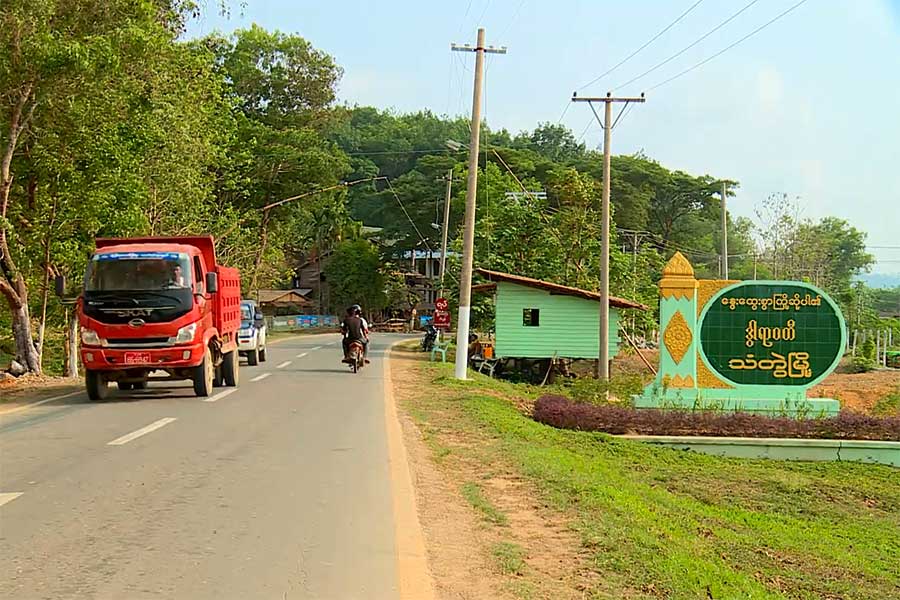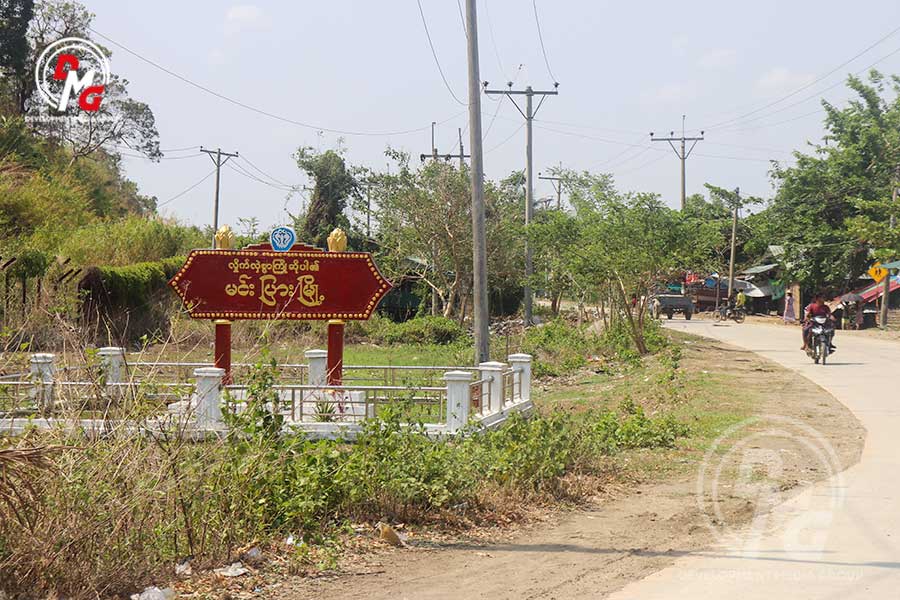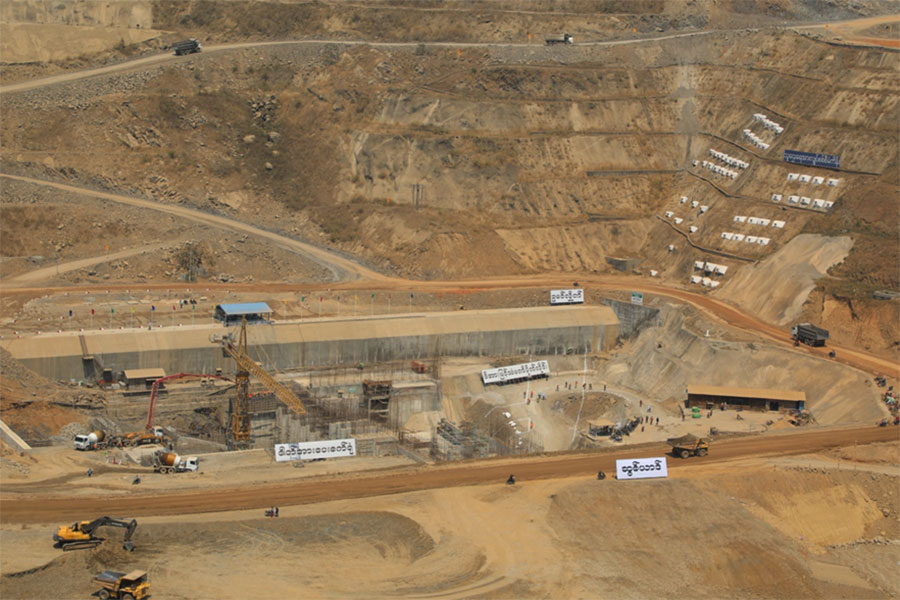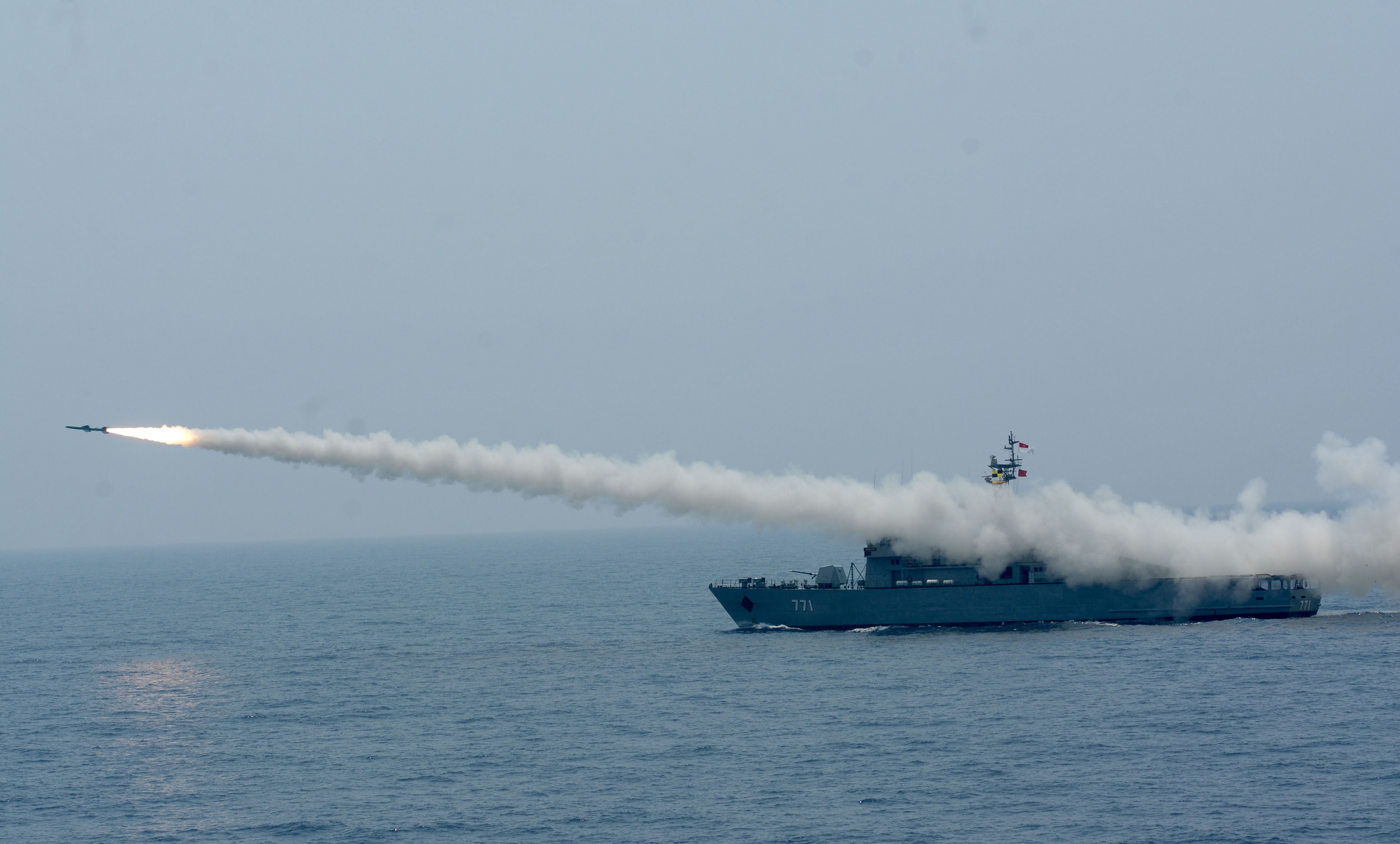Arakan State’s prawn and crab exports to China take hit due to political instability
Arakan State’s prawn and crab exports are down since border trade with China via Muse, a primary conduit for the state’s commercial seafood, remains suspended, traders said.
23 Mar 2021
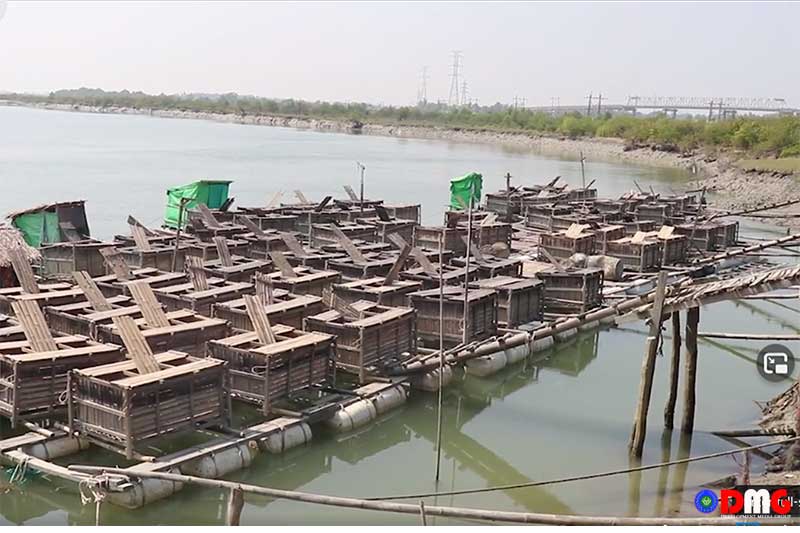
DMG newsroom
23 March 2021, Sittwe
Arakan State’s prawn and crab exports are down since border trade with China via Muse, a primary conduit for the state’s commercial seafood, remains suspended, traders said.
Muse border trading has been suspended due to the COVID-19 pandemic. While overland trade there has ceased for the time being, traders are exporting their seafood by flight through Yangon.
A crab trader said the crab export business is facing losses, citing one case in which live crabs were the victim of flight schedules disrupted by political instability.
Ko Aung Thaik Naing, a crab trader, said: “We are facing loss when we are not able to send the crabs to our destination. Sometimes, we have to withdraw our products to Arakan State from Yangon. So, crabs were dead when they reached Arakan State.”
“The transportation to send the crabs from Arakan State to Yangon are delayed because of the protest along the way,” he said.
Some crab and prawn wholesale businesses have been suspended and those who continue operating are facing challenges because they are facing losses as they could not export them regularly as in previous years.
Ko Khaing Kyaw Hla, owner of Aung Sithu crab wholesale business in Pauktaw, said: “Our crab trading business was suspended when the Muse route was closed as COVID-19 broke out in China. Firstly, we sent our seafood to Yangon, but we had to suspend our business as we were facing loss.”
Since the crab wholesale business is suspended, residents reliant on crabs for their livelihoods are facing challenges.
Owners of crab wholesale businesses said there were many crab catchers before the COVID-19 outbreak, but there are few people who catch crabs now.
Ko Aung Than Tun, a clerk of MTT prawn wholesale business in Pauktaw town, said: “Transportation has not been good since before the COVID-19 outbreak. The price has dropped since then. Previously, we paid K36,000 a viss of prawn. Now, we pay K25,000 a viss. Sometimes, the prawn transportation was delayed for three to four days due to fighting on the way.”
“The transportation and other expenditures are expensive but our customers pay lower prices. So, the business cannot operate well,” he said.
The prawns do not fetch a fair price in Yangon and the yield of the prawn is lower as it is in summer, he added.
The fisheries industry is big business in Arakan State.
Ko Naing Naing, an owner of a prawn farm in Pauktaw, said: “Our business does not operate well this year. We could operate well last year with only prawn farming. But I have to work different businesses to deal with the difficulty.”

